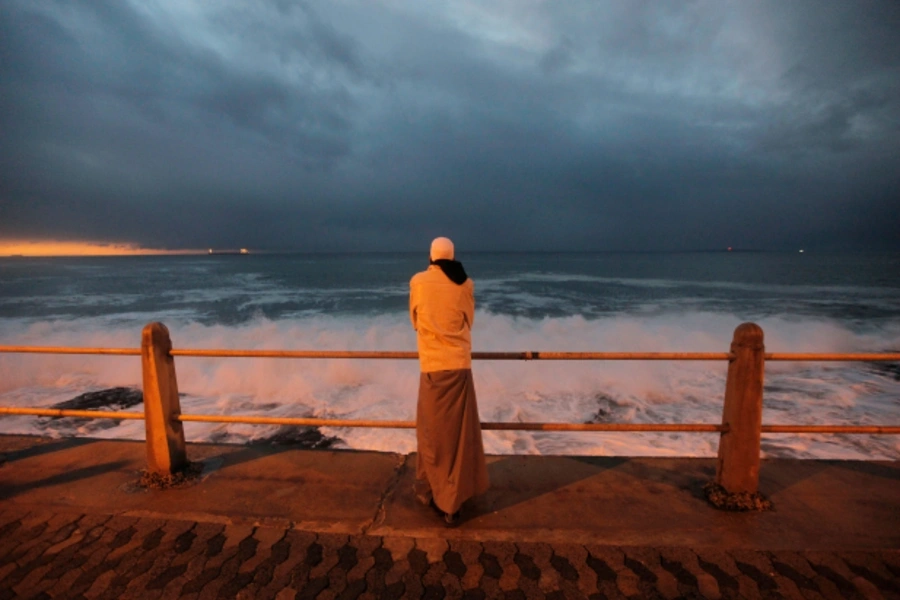More on:
Over the past few days, both the United Kingdom and the United States have warned their nationals of a possible Islamist terrorist attack in South Africa. The warnings cite upscale shopping malls in Johannesburg and Cape Town as the most likely targets.
It is not clear what, specifically, led to the warnings. However, Ramadan started on June 5, and the self-proclaimed Islamic State has called publicly for terrorist attacks during the Holy Month.
States often reject such U.S. and U.K. warnings as somehow implying that they cannot protect their residents and visitors. Such warnings can also impact negatively on the tourist industry. Predictably, in response to the U.S. warning, Clayson Monyela, a South African foreign affairs spokesman, said, “The state security agency and other security agencies in this country are very much capable of keeping South Africa safe and everybody in this country, including Americans,” according to Reuters.
Reuters also reports that South African security officials say that “there are no known militant groups” operating in the country. South Africa’s Muslim minority is very small, less than 1.5 percent of the population.
However, Reuters also quotes analysts as saying that a terrorist attack is “feasible,” and that current economic hardships and very high levels of unemployment could radicalize South African Muslim youth.
South Africa’s security services are among the best in Africa. Nevertheless, no country is immune from a possible attack. Shopping malls are particularly vulnerable, as the 2013 al-Shabab attack on Nairobi’s Westgate Mall showed.
More on:
 Online Store
Online Store
